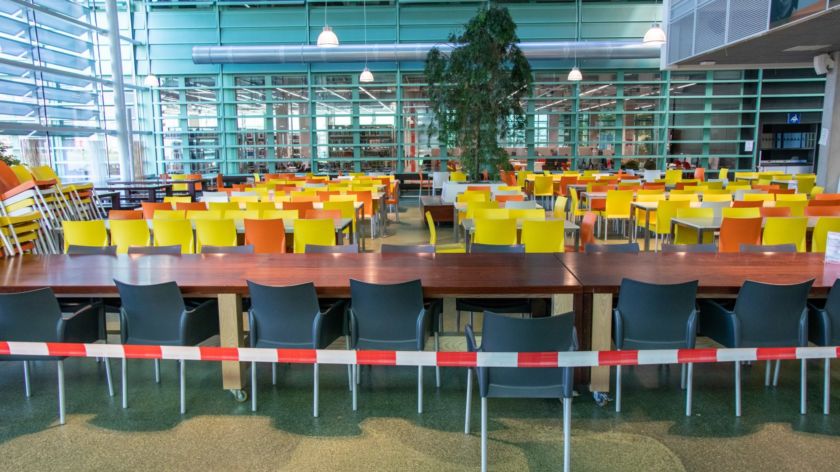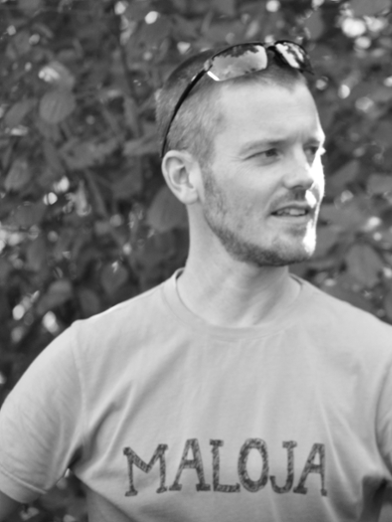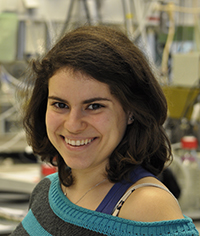Junior researchers fear long-lasting corona-effect
-
 Foto: Rein Wieringa
Foto: Rein Wieringa
Will my research suffer a delay? Will it be possible for me to work as a scientist after the corona-crisis? For many PhD students and postdocs, the future is insecure. They hope for leniency and softer rules.
When ecologist Bjorn Robroek (39) started out as a tenure track researcher at the Faculty of Science earlier this year, he had lots of plans. In the greenhouses behind the Huygens building he intended to conduct experiments on the effect of nitrogen and carbon cycles on plant growth. ‘I can forget about that now. Corona has brought everything to a standstill,’ sighs the ecologist. And he fears this will have long-term consequences for his career. No data means fewer publications and therefore fewer chances of winning grants. All things he will be assessed on in a little less than six years, when the Faculty has to decide whether to offer him a permanent job as Assistant Professor. ‘But how much will they take into account the delay my projects are suffering now?’

The corona pandemic leads to a lot of job insecurity among researchers, especially those with temporary appointments, like PhD students and postdocs. ‘People’s biggest worry is that their research projects will be delayed. And they’re afraid that the upcoming economic crisis will make it impossible for them to find a job,’ says Lucille Mattijssen, Chair of the PhD candidate Network of the Netherlands (PNN).
Social support
Microbiologist Laura Claret Fernández (26) is one of the PhD students suffering delays. ‘Lab experiments form approximately 60% of my research, and they’re now all on hold,’ she explains via Skype in April. The research in her department is now slowly starting up again, she emails last week, but all in all she has lost at least two and a half months of research time.
Her project was already in danger of being delayed before the crisis due to a burn-out, and now the coronavirus crisis comes on top of that. Her family and friends in Spain are dealing with stress and fears as a result of the strict measures this spring, which made it even more difficult for Fernández to focus on the work she could do from home. ‘They’re constantly on my mind. Spain has been hit hard, and maybe there will be a second wave.’
A number of initiatives have been launched to limit the negative consequences for researchers. For example, Radboud University Global Staff Services have designed a buddy project for people like Claret Fernández. Other parties plead for compensatory measures. Universities and research funding organisation NWO are working on customised solutions. PhD theses can be defended online, options for contract extension are explored, and project deadlines can be postponed. NWO is also adjusting its deadlines and funding programme conditions, for example by giving PhD students more time this year to apply for a Rubicon grant.
Sleepless nights
This doesn’t solve all the problems. Contract extension is not always an option, says Claudia van Dun (34), who studies the relationship between food and brain development in children. Her PhD project at the Donders Institute is funded in collaboration with the provincial government and the corporate sector, and December of this year has been set as the final hard deadline.
There is no option to extend, explains Van Dun on the telephone, and that while her project cannot be completed now because the MRI scanners of the Donders Institute are not working at the moment. ‘Only half of the 52 children I wanted to scan have taken part so far. This makes it very difficult to make statistically reliable statements. Add to this the fact that I can’t work for more than an hour a day at the moment, because I have three children and my partner works in youth health care, a vital profession.’ Van Dun knows that she will probably have to make do with a less extensive and less wellresearched PhD thesis. ‘Fortunately I’m not planning on a career in academia, otherwise I’d be having sleepless nights.’

Impact for life
A less well-researched PhD thesis is precisely what microbiologist Fernández fears. Will something like this follow her for life? After all there are many more PhD students hoping for an academic career than there are jobs available, and this gap continues to widen. Claret Fernández: ‘At the moment this crisis is at the forefront of everyone’s minds, but in five or ten years’ time, who will remember that I was from the ‘coronavirus generation’ and therefore less productive?’
Ecologist Robroek worries about something else: Will there still be enough funding for fundamental research after the coronavirus crisis? ‘If the economy goes into recession, this may be the first thing people try to save on. My supervisor says it will be OK, but with less funding, a tenure track will be a really uncertain position. It’s not what you want when you reach your 40s and need some security.’
PhD defenses online
Like many other universities, Radboud University offers the opportunity to do a PhD defense online. Until the summer, thirty PhD defenses will be done online. Normally, there are at least two hundred defenses between March and the summer break. From 1 June, physical promotions will again take place in the Aula. However, only a maximum of thirty people can be present – including the doctorate committee. Inaugural addresses from professors will not be held online, and have all been moved to a later date.
Read all about the consequences of the corona crisis for the campus in our corona special.



